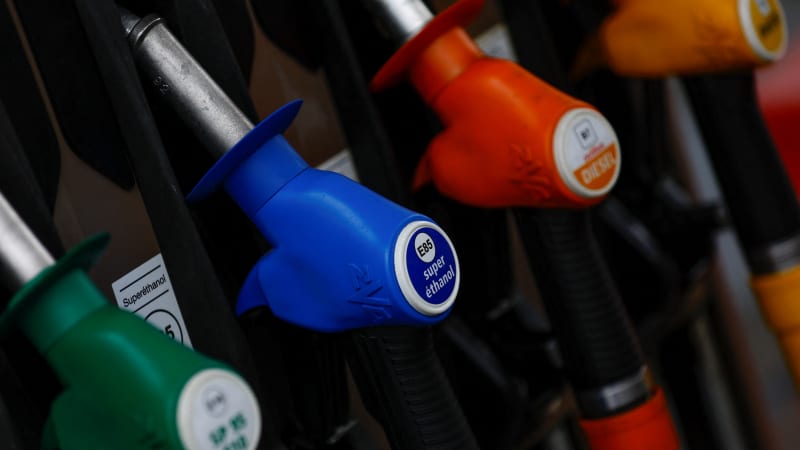Stellantis sees long road ahead for internal combustion cars

MILAN — Carmaker Stellantis believes internal combustion engine (ICE) vehicles could be on the road until 2050, making it necessary to contain their carbon emissions until they’re finally replaced by fully electric ones.
The world’s third-largest carmaker by sales, whose brands include Fiat, Peugeot and Jeep, said this week tests it ran with Saudi oil giant Aramco showed 24 types of internal combustion engines in European vehicles it produced since 2014 can use advanced e-fuels without modification.
Stellantis has reaffirmed its commitment to all new car sales in Europe being battery-electric by 2030, although the European Union has excluded cars that run on e-fuels from its 2035 deadline to phase out new carbon dioxide-emitting cars.
Many of the new ICE vehicles being sold by Stellantis between now and 2029 would still be on the roads in more than two decades, Christian Mueller, Stellantis’ Senior Vice President, Propulsion Systems for the EMEA region said on Thursday.
“We have to really take care about our inventory fleet,” he said, adding that the long lifespan of cars made the development of synthetic e-fuels, which are produced with renewable energy, more important.
“I think 25% of our vehicles are still in use after 20 years. Hence, this kind of exposure time to e-fuels is considerable, very considerable,” he told a briefing.
Stellantis estimates that its engine types identified as compatible with e-fuels represent about 28 million vehicles on the roads in Europe, with a potential CO2 emission reduction in the region of up to 400 million metric tons between 2025 and 2050.
Many sceptics however point out e-fuels are not a viable alternative in the short time, due to their low availability and high costs.
Aramco’s Transport Chief Technologist Amer Amer said production of e-fuels was expected to start in early 2025 from the group’s two demonstration plants in Saudi Arabia and Spain.
Stellantis and Aramco executives said e-fuel availability was expected to increase and their prices to go down, also thanks to favorable taxation in the European Union, “in the future”, but without providing more specific predictions.
Related video:



